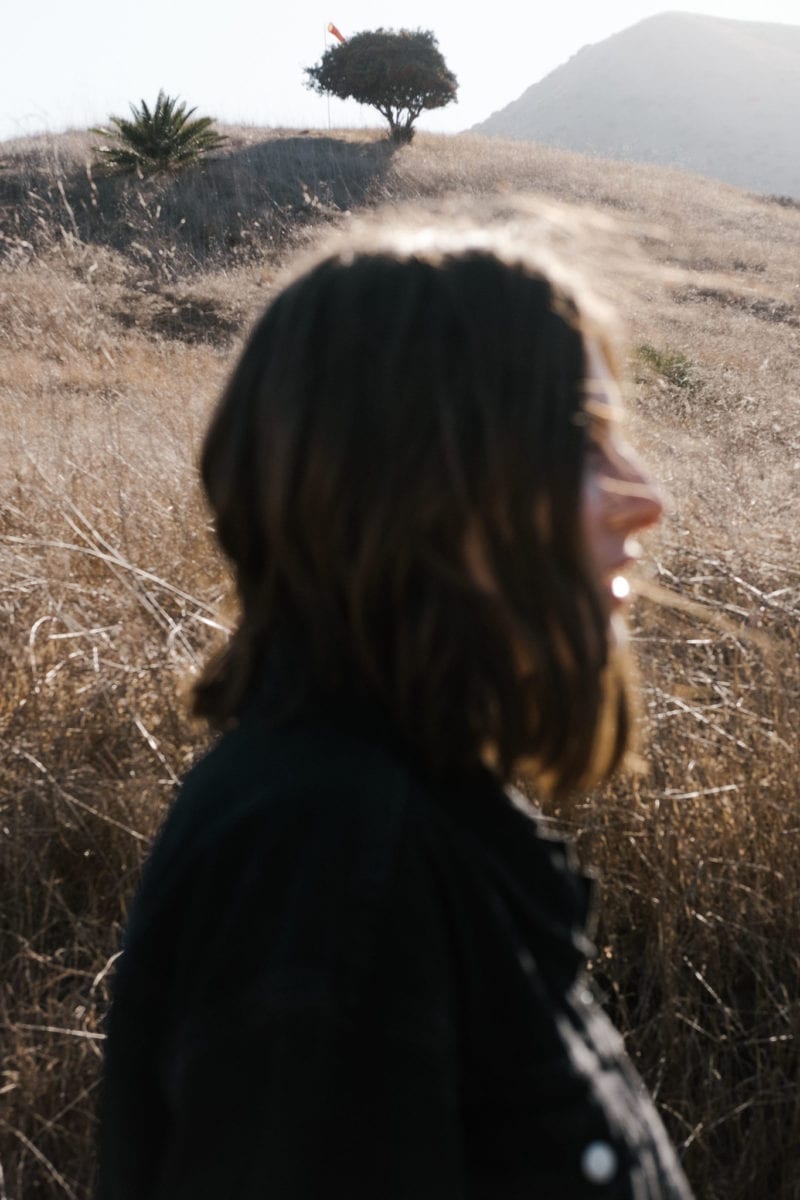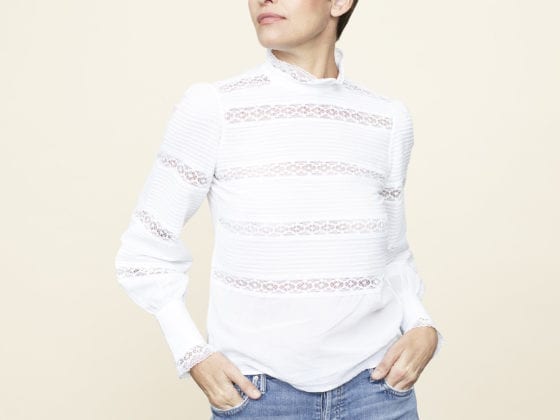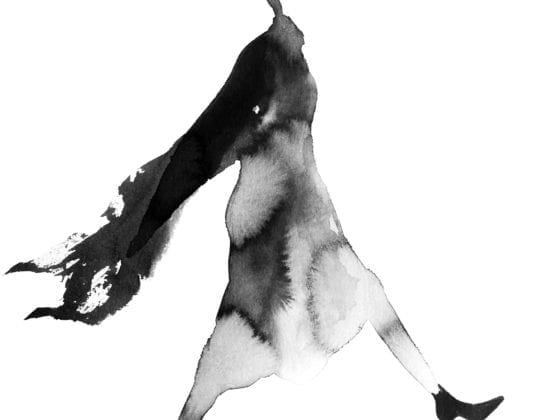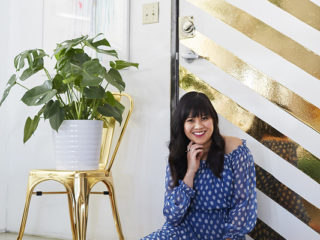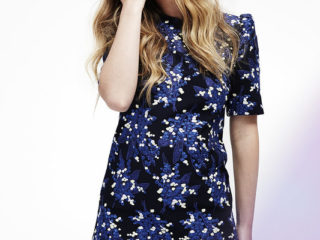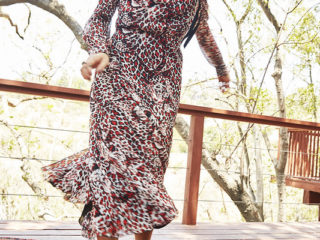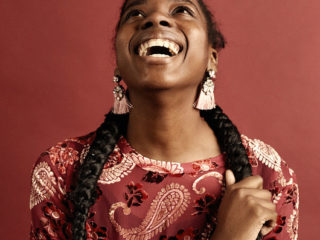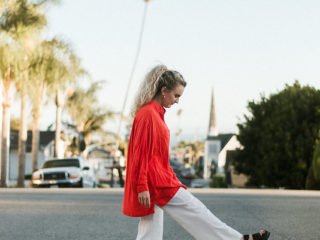I sat in the passenger seat of my high school best friend’s car, tears spilling out of my eyes and down my sunburnt cheeks. This was the fourth bout of tears that day. Twice at the beach an hour or so before, once on the car ride home, and now, parked outside of my childhood home on a Tuesday, March 17 to be exact, three days after my scheduled flight back to Texas.
When I boarded my flight home to California a week and a half prior, I probably would have naively said that 2020 was going to be my best year yet. After a couple of years getting acquainted with the South, “home” became a descriptor for me that was no longer exclusive to the west coast. I’d found home in a little blue house with overgrown weeds and 1960s floral couches in central Texas.
I found it in the friends who refused to let me believe I was a burden—relational depth I’d craved since my early teens. I found it in the weekly sighting of the same five locals at my favorite coffee shop and the comfort of my favorite faces living down the hall or down the block from me.
In March, I was freshly 21, with no idea that my celebration would be one of the last of its kind. My general education classes were behind me, and I was finally learning skills to carry me into my future career. I’d just booked a summer trip to Italy with friends. Driven, independent, inspired, at 21, the world felt like it was mine or at least like it could be one day.
The world felt like it was mine or at least like it could be one day.
The disappointments rolled in as I touched down in California, first disguised as a gift—one week of spring break extended to three. More time at the beach! A few days later the shelves of grocery stores were bare. I sat in a coffee shop with a few friends and watched people greet each other with elbow taps for the first time.
“Is this what we’re doing now?” they joked, the virus yet to touch this corner of the world.
I remember the moment I opened my phone to the email from my university with the frozen-in-time precision one remembers only the most tragic of events. The coronavirus was spreading rapidly; school would not be resuming in-person classes for the remainder of the semester.
We drove silently after we got the news and let the strangeness take up space in the car. Ice cream and wine were on the dinner menu. The tears started 24 hours later.
The three days following were a blur as I canceled my return flight with no efforts to rebook. I grieved the loss of all that I’d grown to love about my life in Texas. Routine, independence, friendship, school—it all began to shake with the instability of a global pandemic.
Routine, independence, friendship, school—it all began to shake with the instability of a global pandemic.
A stable and structured environment is where I thrive; COVID-19 stripped me of these comforts. I felt gutted.
In the weird in-between of spring 2020, I slowly replaced my loss of physical security with gratitude. Conversations with friends, though scheduled and less frequent, became more intentional due to distance. Loss of old routines allowed for the creation of a new, less-hurried schedule. Living at my childhood home in California took away my independence, but it allowed for me to watch my nephew grow up and to be with my grandpa in his last months of his life—a trade I would make over and over again.
Gratitude changes things; there’s no way around it. Without it, our perspectives drift into a dangerous sea of self-pity, soon to be swept up by a current of entitlement and unmet expectations.
I’d begrudgingly learned gratitude as a child through the “glass half full” analogy. As a realist (glorified pessimist), I’d consistently respond with “they’re the same thing” when my mom would ask me if the glass was half full or half empty. My perspective has since matured, and although I do not believe half full and half empty are the same thing, I stand by the power of their duality. You appreciate the fullness more because of the empty space the glass also holds.
It is the disappointments of 2020 that led me to relish in the gift of the present. Loss amplifies gain.
It is the disappointments of 2020 that led me to relish in the gift of the present.
Life didn’t stop when lockdown started. It slowed and changed. It’s challenges were no longer taboo topics. Personal and global valleys seem to hold megaphones of division and hurt.
Yet, despite feeling as though I’ve been speeding in reverse since that March email, if I slow down long enough, I can see that just beside the rising pain is an opportunity for growth. With that growth, blooms gratitude.
In the words of one of my favorite teachers, “Failure and joy are not distant relatives; they are cousins who share the ups and downs of life together.”
Often in the midst of pain, resilience seems like it can’t possibly make it’s way in. Yet, here we are—nine months into a global pandemic amidst racial injustice that can knock you off your feet. We are propped up by loved ones when our legs can’t hold the heaviness of our hearts while some cling to a Sustainer that releases hope over grief. Resilient. Grateful.
For the intimacy that comes with loss and the growth that abounds in hardship. For the teacher that grief is and the unifier pain can be. Gratitude is a more powerful tool than any of us give it credit for. It will calm an anxious heart and fill a longing soul.
What do you have to be grateful for in the last 12 months? How do pain and resilience go hand-in-hand?
Image via Marlow Amick
